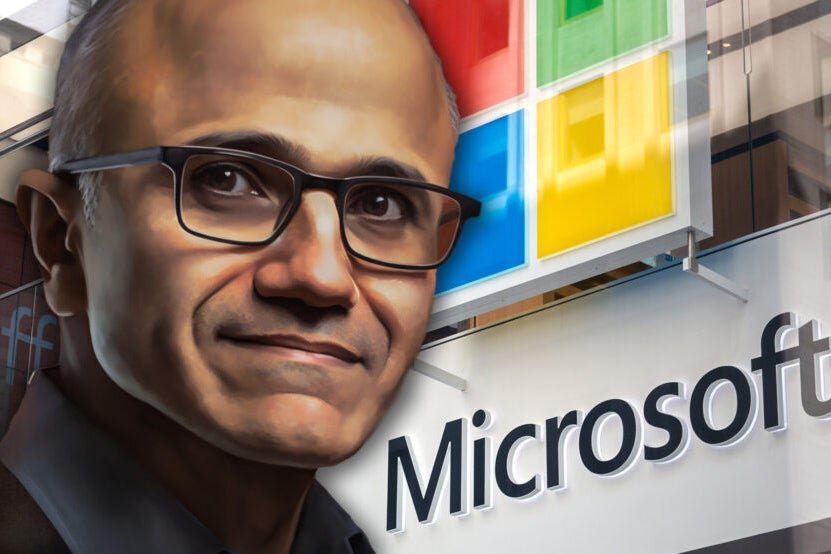Presidents’ Day: More Than Just a Day Off
Presidents’ Day is often summed up as “just a day off,” but for those who started it — and who follow American history — it means more than that.
But first, let’s get down to business: Closed for Presidents’ Day are federal offices (remember, no mail is delivered), most banks, the New York Stock Exchange and NASDAQ. What’s not closed are many major stores that use the day for sales.
What exactly is Presidents’ Day? Glad you asked.
1. He Never Told A Lie (Supposedly): The inspiration for this day off is America’s first president, George Washington.
When Washington passed away in 1799, he was considered such an important figure in U.S. history that his birthday — Washington was born on Feb. 22, 1732 — became a perennial day of remembrance, starting in 1800. The holiday was called Washington’s Birthday.
2. When Did Presidents’ Day Become Official? Washington’s Birthday wasn’t truly an official holiday until Jan. 31, 1879, when President Rutherford B. Hayes signed it into law, though it only applied to federal employees in the District of Columbia.
It took until 1885 for it to become celebrated by the whole country.
3. When Did Washington’s Birthday Change Its Name To Presidents’ Day? Good question with no real definitive answer. The U.S. Congress and no actual president has ever required the name change from Washington’s Birthday to Presidents’ Day.
A blog by Mount Vernon, the house Washington lived in that is now a museum, said Presidents’ Day was proposed as a Monday holiday in 1951, but nothing happened.
What the site surmises is that the ubiquitous Presidents’ Day commercials and advertisements for sales caused the public to adopt the holiday name.
It was also seen as a good way to honor all of the country’s presidents, rather than just one.
4. Why Isn’t It Celebrated On Washington’s Actual Birthday? It wasn’t until June 28, 1968 that Congress passed the Uniform Monday Holiday Act, which provided a uniform annual observance of legal public holidays on Monday.
You can thank Sen. Robert McClory of Illinois, who championed the bill, which proposed to shift federal holidays so they could be three-day weekends. By creating more three-day weekends, Congress hoped to “bring substantial benefits to both the spiritual and economic life of the Nation.”
This is why you have certain federal holidays on Monday: Martin Luther King Jr. Day, Indigenous Peoples’ Day (also observed as Columbus Day), Memorial Day and Labor Day.
The irony of this change to Presidents’ Day is that it guarantees the holiday won’t be celebrated on Washington’s actual birthday, as the third Monday cannot fall any later than Feb. 21.
5. What Does President Abraham Lincoln Have To Do With This? Lincoln was born on Feb. 12, 1809, and somehow his birthday was linked to Washington’s Birthday. In some places in the U.S., Lincoln’s Birthday was celebrated on its own. (Some schools had the winter holiday between Washington’s and Lincoln’s birthdays.)
Merging the two holidays was also a provision in the Uniform Monday Holiday Act.
Though the fact remains, what other president could advertisers use with Washington other than “Honest Abe”?
Presidents’ Day is not just a day off, but a day to remember and honor the leaders of our country who have shaped its history. Enjoy the sales, but also take a moment to reflect on the significance of this holiday.





